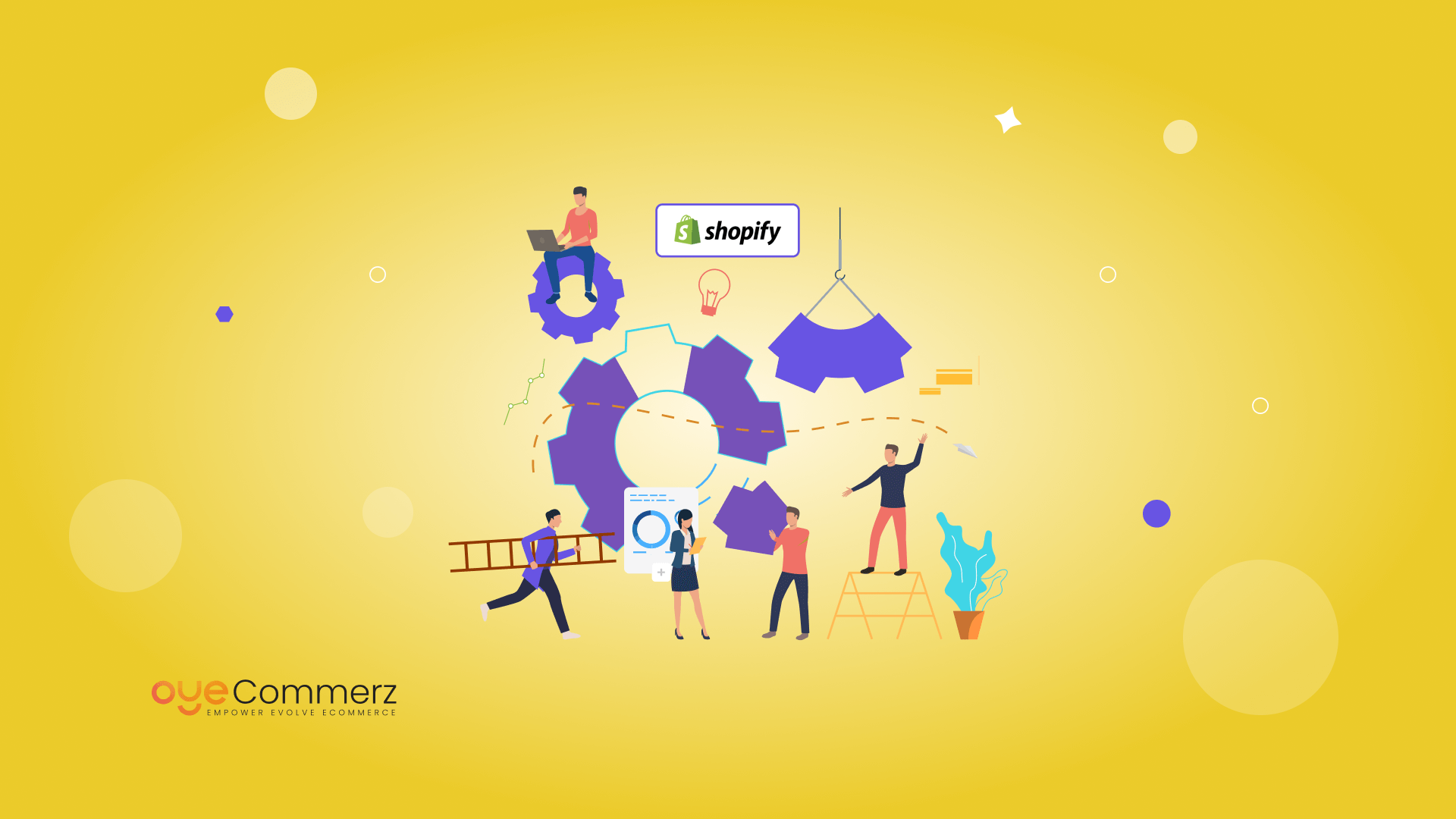Introduction
In the current cutthroat e-commerce environment, differentiating is essential, and a top method to differentiate a Shopify store is through tailored app development. A robust Shopify app can boost store functionality, streamline operations, and elevate customer engagement. This guide explores key aspects of Shopify app development, covering API integration and app ecosystem to growth techniques and promotion methods, providing a roadmap for businesses looking for unmatched store performance.
The Importance of Shopify API Integration
Shopify’s API offers robust tools to personalize and extend store capabilities. With GraphQL and REST APIs, developers can retrieve information to create apps that manage inventory control, order processing, and customer data management seamlessly. Integrating Shopify’s API can enable improved workflow automation and allows stores to serve customers more effectively.
Adopting the Polaris Design System
Polaris is Shopify's set of design guidelines for creating intuitive and accessible Shopify apps. By following Polaris principles, developers guarantee that apps seamlessly integrate within the Shopify Admin interface. This provides a cohesive look and feel that resonates with Shopify merchants, promoting usability and familiarity for merchants using your tailored app.
Navigating the Shopify App Ecosystem
The Shopify app ecosystem provides numerous opportunities for improving e-commerce sites. From managing fulfillment processes to boosting customer interaction, apps in this environment are tailored to meet various business requirements. Familiarizing with this system helps developers in finding unique app opportunities and allows for seamless integration of third-party services that add value to the store.
Building Embedded Shopify Apps
Embedded apps integrate directly within the Shopify Admin, providing a smooth interface for merchants. They allow merchants don’t have to navigate away from their Shopify control panel, simplifying their process. Employing Shopify App Bridge and embedded app features is recommended for offering a cohesive, well-integrated user experience.
Using Node.js and React for Shopify Apps
The technologies Node.js and React have emerged as ideal tools for Shopify app development. Node.js enables high-performance server-side applications, while React enables interactive and adaptive front-end user interfaces. Together, they offer an strong framework for building fast, scalable Shopify apps that enhance store performance and customer interaction.
Utilizing Webhooks in Shopify Development
Webhooks allow real-time data updates between Shopify and an outside application. They initiate events such as new orders or inventory Explore Shopify customization updates and provide immediate notifications to your app. By utilizing webhooks, apps can deliver real-time information to store owners, simplifying processes and increasing efficiency.
Engaging Customers Through Digital Marketing for Shopify Apps
To ensure Shopify app success, engaging customers is key. Using digital marketing strategies like SEO, email marketing, and social media campaigns can drive app adoption. Additionally, designing apps with customer interaction as a focus (e.g., loyalty programs or personalized recommendations) increases user loyalty and satisfaction.
Making Your Shopify App Scalable
As e-commerce businesses grow, so do their technological needs. Ensuring that your app can scale to handle increased traffic, larger databases, and more complex functionalities is essential. By optimizing server Polaris design for custom Shopify apps capacity and implementing scalable solutions, you can create apps that expand in tandem with a store’s success.
Important Features and Maintenance Tips for Shopify Apps
For an app to be effective, it should offer key capabilities like user authentication, analytics dashboard, and customer support options. Ongoing app upkeep, including updates to fix bugs and ensuring compatibility with new Shopify functionalities, is vital to ensure continuous operation and prevent disruptions to business processes.
Summary
Custom Shopify app development offers immense opportunities for e-commerce businesses, offering the chance to enhance performance, streamline processes, and build customer relationships. With API integrations and Node.js to focusing on scalability and customer engagement, building a Shopify app involves careful planning and strategic execution. If you’re ready to elevate your e-commerce experience, a tailored Shopify application may be the ideal choice. What capabilities do you see for your dream application? Share your ideas and begin the journey to an enhanced e-commerce journey!
